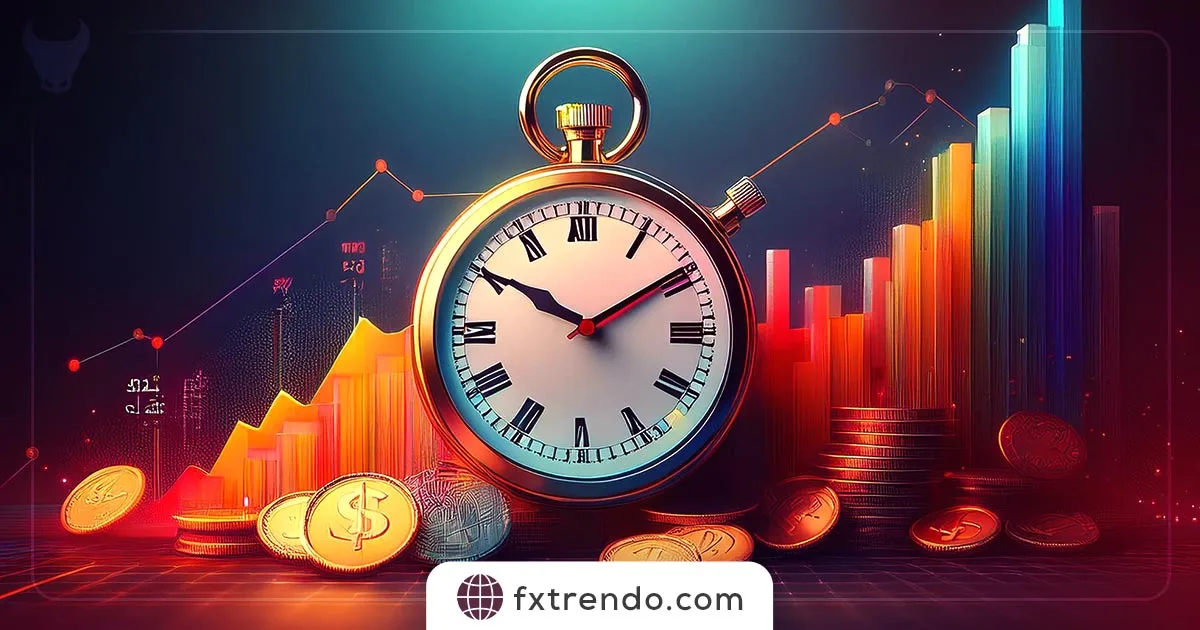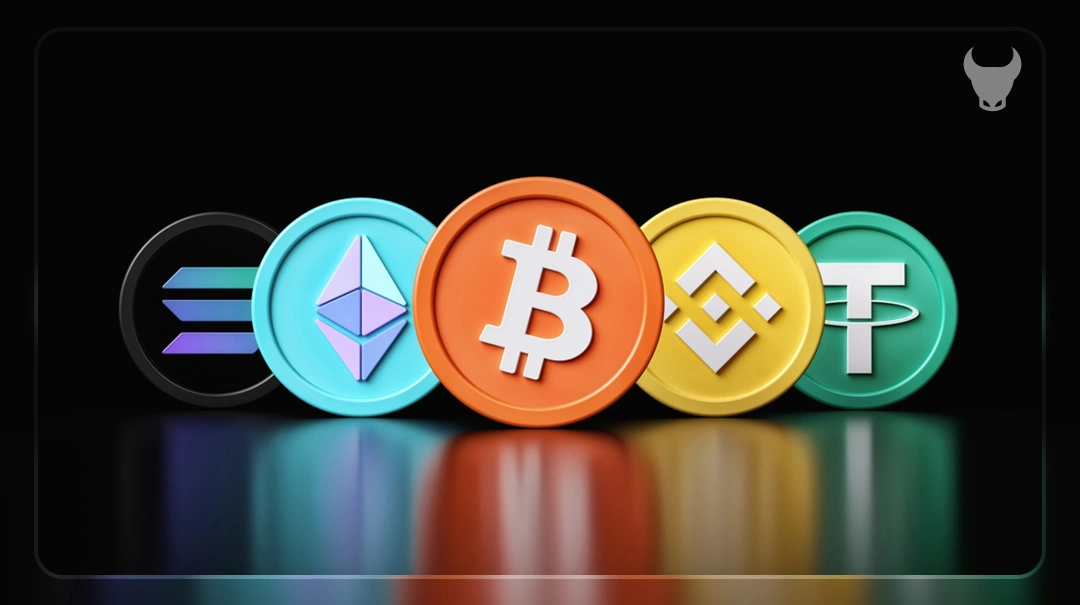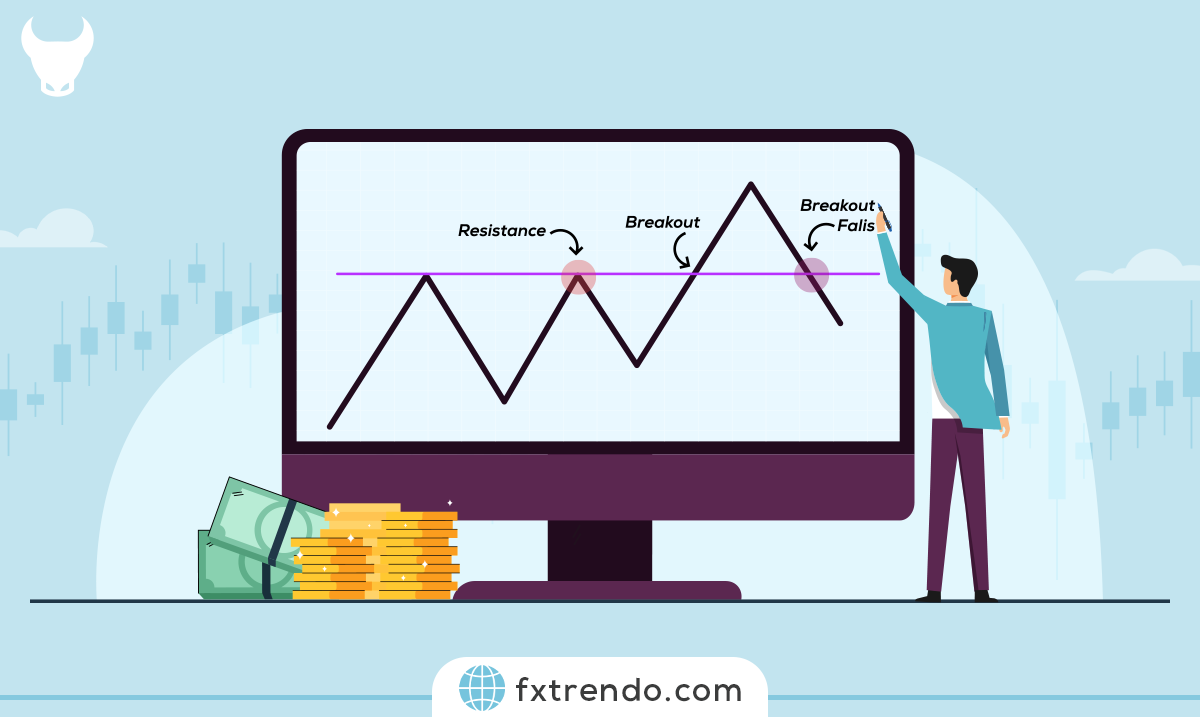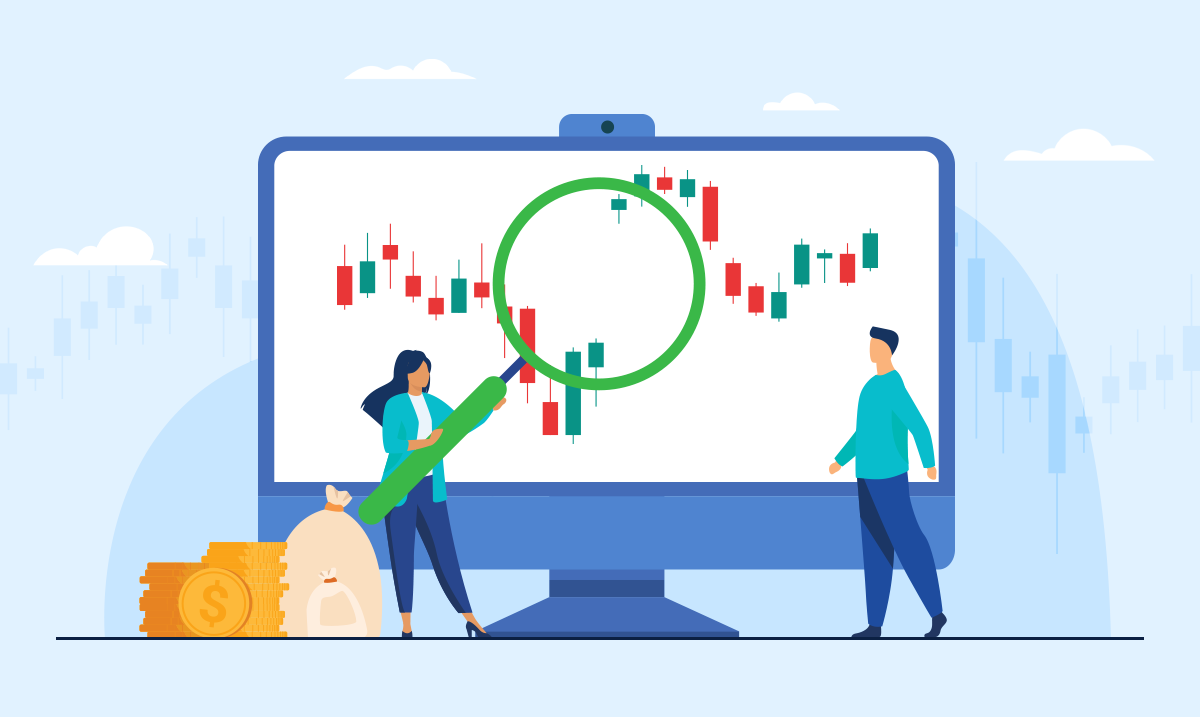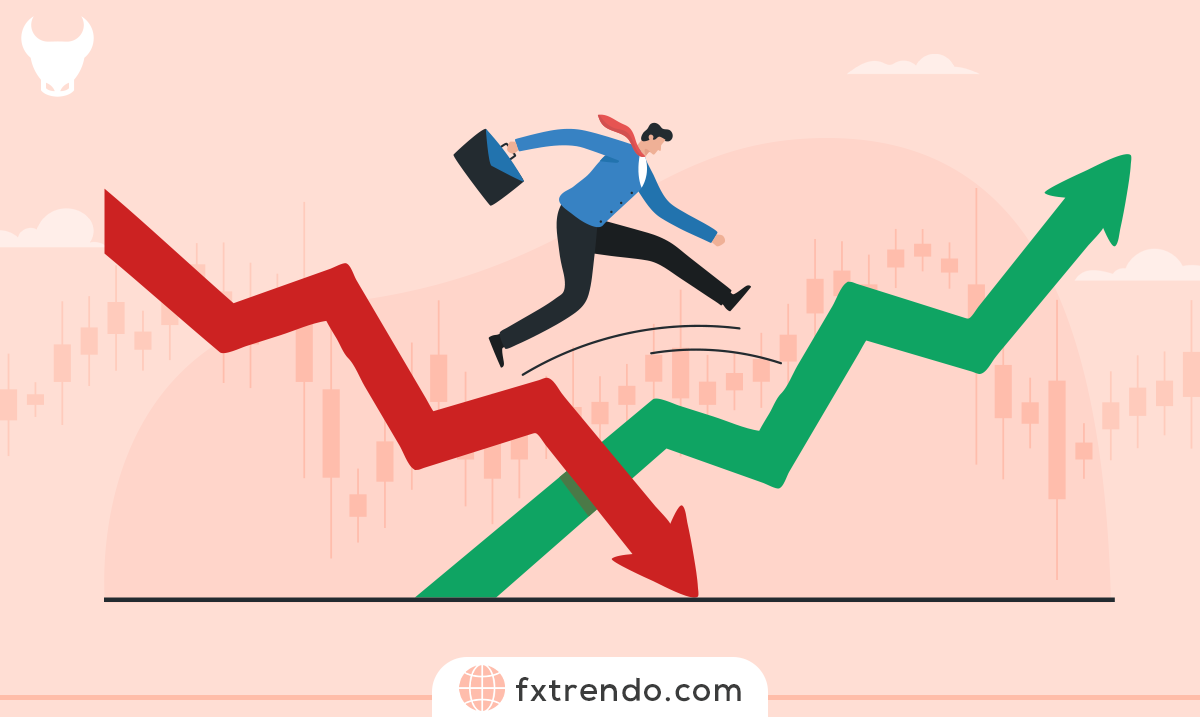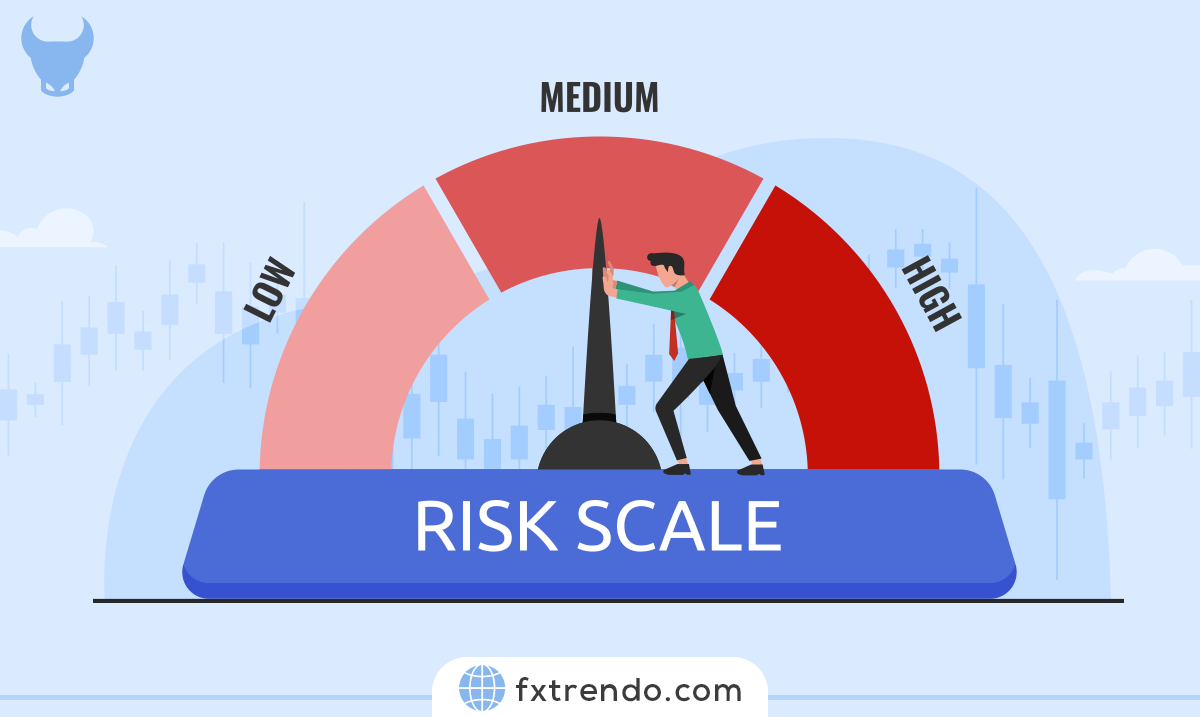In this article, we will introduce you to some of the largest international financial markets and their trading hours. Join us as we explore these critical components of global trading.
What is a Financial Market?
A financial market is a platform where various financial assets such as stocks, bonds, currency pairs, commodities, and more are traded. Each financial market is created for a specific purpose and has its own unique assets.
For instance, the stock market is designed to facilitate the flow of capital in the economy, allowing companies to raise funds for growth and development. On the other hand, the Forex market is established to accurately determine the value of international currencies relative to each other, which is essential for international trade, where exchange rates are set through the Forex market.
Types of International Financial Markets
International financial markets are the backbone of global finance, providing platforms for the buying and selling of a wide array of financial instruments. Here, we’ll discuss the main types of these markets and their unique characteristics:
Forex Markets
Forex is the world’s largest financial market where investors and traders trade currencies of different countries against each other. In other words, in the Forex market, currencies of different countries are defined and traded in pairs (currency pairs).
For example, the EURUSD currency pair represents the ratio of the European Union currency (euro) to the US dollar, which traders can trade and profit from the price fluctuations of this currency pair. You can trade more than 35 Forex currency pairs on the best trading conditions by registering with the Trendo broker.
Forex facilitates international trade and investment by allowing businesses, governments, and investors to convert one currency into another. This continuous trading is possible due to the overlapping time zones of major financial centers, ensuring there’s always a market open somewhere around the world.
Cryptocurrency Markets
Cryptocurrency markets have emerged as a dynamic and rapidly evolving sector in global finance. Cryptocurrencies are digital or virtual currencies that use cryptography for security.
Bitcoin, Ethereum, and other cryptocurrencies are traded on various online platforms known as exchanges. These markets operate 24/7, offering trading opportunities outside traditional market hours. The volatility and innovation in this space attract a wide range of investors.
Read more: What is Bitcoin? Everything You Need to Know About the Digital Gold of the Crypto World
Precious Metals Market
The precious metals market includes the trading of metals like gold, silver, platinum, and palladium. These metals are valued for their rarity and have been used as a store of value for centuries.
Investors turn to precious metals during times of economic uncertainty as they are seen as safe-haven assets. Trading occurs both in physical forms, such as bars and coins, and through financial instruments like futures contracts and exchange-traded funds (ETFs).
Read more: Features of the Best Broker for Trading Gold
Energy Market
The energy market deals with the trading of energy resources such as crude oil, natural gas, and electricity. This market is vital for the global economy as energy resources are essential for production, transportation, and various other industries.
The energy market can be influenced by geopolitical events, environmental policies, and technological advancements. Traders often use futures contracts to hedge against price volatility and secure stable energy supplies.
Stock Market and Stock Indices
The stock market is where shares of publicly traded companies are bought and sold. Major stock exchanges like the New York Stock Exchange (NYSE), London Stock Exchange (LSE), and Tokyo Stock Exchange (TSE) facilitate this trading.
Stock indices, such as the S&P 500, FTSE 100, and Nikkei 225, track the performance of a group of stocks and provide a benchmark for market performance. Investing in stocks and indices allows participation in the growth of companies and economies.
Read more: Forex vs. Global Stocks: Decoding the Differences & Interactions
Commodity Markets
Commodity markets involve the trading of raw materials and primary agricultural products, such as oil, grains, and metals. These markets are essential for producers and consumers to manage price risks and ensure stable supplies.
Commodities are traded in physical forms or through financial instruments like futures contracts. Prices in commodity markets are influenced by supply and demand dynamics, weather conditions, and global economic trends.
Each of these international financial markets offers unique opportunities and challenges, making it crucial for traders and investors to understand their mechanisms and dynamics.
Forex Market Trading Hours
The Forex market operates 24 hours a day, five days a week, making it one of the most accessible financial markets. This continuous trading is made possible by the overlapping time zones of major financial centers around the world. Understanding the Forex market’s trading hours is crucial for traders looking to capitalize on market movements.
Major Trading Sessions
The Forex market is divided into four major trading sessions:
1. Sydney Session:
- Opens at 10:00 PM GMT
- Closes at 7:00 AM GMT
- This session starts the trading week and is known for lower volatility and thinner liquidity.
2. Tokyo Session:
- Opens at 12:00 AM GMT
- Closes at 9:00 AM GMT
- The Tokyo session overlaps with the Sydney session for a few hours, which can increase activity. It’s marked by the active trading of the Japanese yen and other Asian currencies.
3. London Session:
- Opens at 8:00 AM GMT
- Closes at 5:00 PM GMT
- The London session is the most active due to the overlap with the Tokyo and New York sessions. This period sees the highest trading volume and volatility, particularly for the euro, British pound, and Swiss franc.
4. New York Session:
- Opens at 1:00 PM GMT
- Closes at 10:00 PM GMT
- The New York session is also highly active, especially during its overlap with the London session. The US dollar is the most traded currency during this time.
Best Times to Trade
To maximize trading opportunities, it’s essential to focus on the times when multiple sessions overlap. These periods often see increased market activity and volatility, presenting more trading opportunities:
London/New York Overlap (1:00 PM – 5:00 PM GMT):
This is the busiest and most liquid period of the trading day. Major economic data releases and news events also tend to occur during this overlap.
Tokyo/London Overlap (8:00 AM – 9:00 AM GMT):
Although this overlap is shorter, it can still present trading opportunities, especially for yen and euro pairs.
Understanding the Forex market’s trading hours and the periods of overlap between sessions can help traders plan their trades to take advantage of the most active and volatile periods.
Cryptocurrency Market Trading Hours
The cryptocurrency market operates 24 hours a day, seven days a week. Unlike traditional financial markets, it has no centralized exchange and no closing hours, allowing for continuous trading. This round-the-clock operation sets the cryptocurrency market apart.
Global Accessibility
Cryptocurrencies are traded on various online platforms, known as exchanges. These platforms are accessible from anywhere in the world, providing traders with the flexibility to buy and sell cryptocurrencies at any time. The decentralized nature of cryptocurrencies and the absence of a central authority mean that market activities are driven by global demand and supply.
Peak Trading Hours
While the cryptocurrency market is always open, there are periods of higher activity and volatility. These peak trading hours often coincide with the business hours of major financial centers:
North America (New York):
High activity typically occurs during the afternoon and evening, corresponding with the opening and active trading hours of the New York Stock Exchange.
Europe (London):
High trading activity is seen during European business hours, especially in the morning and early afternoon.
Asia (Tokyo and Hong Kong):
Significant trading volume is observed during the business hours of Asian financial hubs.
During these peak times, market liquidity is higher, which can lead to more significant price movements and trading opportunities.
Weekend Trading
The cryptocurrency market does not close on weekends. This continuous trading can lead to unique market dynamics, with significant price movements often occurring during the weekends when traditional markets are closed. Traders need to be aware of this characteristic, as it requires constant monitoring and the potential for unexpected volatility.
Key Considerations
Traders should consider the implications of 24/7 trading when developing their strategies. The continuous nature of the market means that news and events can have an immediate impact on prices, requiring traders to stay informed and be prepared to act quickly.
Additionally, the ability to trade at any time allows for greater flexibility in managing positions and taking advantage of market opportunities.
Precious Metals Market Trading Hours
The precious metals market includes trading in metals such as gold, silver, platinum, and palladium. These metals are highly valued for their rarity and intrinsic worth, making them popular investment options, especially during times of economic uncertainty. Trading hours for precious metals vary depending on the specific market and financial center.
Key Trading Sessions
1. London Market:
- Opens at 8:00 AM GMT
- Closes at 5:00 PM GMT
- The London Bullion Market Association (LBMA) plays a significant role in setting the price standards for precious metals. Trading activity in London is robust, particularly during the LBMA Gold Price auctions, which occur twice daily.
2. New York Market:
- Opens at 1:20 PM GMT
- Closes at 6:30 PM GMT
- The New York Mercantile Exchange (NYMEX) is a major hub for precious metals trading in the United States. This session overlaps with the London market, leading to heightened trading activity and increased liquidity.
3. Shanghai Market:
- Opens at 1:30 AM GMT
- Closes at 7:00 AM GMT
- The Shanghai Gold Exchange (SGE) is an important player in the global precious metals market. Trading in Shanghai influences global prices, particularly for gold, as China is one of the largest consumers and producers of this metal.
Trading in Futures and ETFs
In addition to physical trading, precious metals are also traded through futures contracts and exchange-traded funds (ETFs). These instruments allow investors to speculate on price movements and hedge against market risks without physically owning the metals.
Futures Contracts:
These are standardized contracts to buy or sell a specific amount of a precious metal at a predetermined price on a future date. Futures trading occurs on various exchanges, including the Chicago Mercantile Exchange (CME) and the NYMEX.
ETFs:
These are investment funds that track the price of a specific precious metal. ETFs provide an easy way for investors to gain exposure to precious metals without dealing with the complexities of physical ownership.
Best Times to Trade
The best times to trade precious metals are during the overlap of major trading sessions, particularly between the London and New York markets. This period, typically from 1:00 PM to 5:00 PM GMT, sees the highest liquidity and trading volume. Additionally, significant price movements often occur during these overlaps, presenting trading opportunities.
Energy Market Trading Hours
The energy market, which includes trading in commodities like crude oil, natural gas, and electricity, operates across different time zones and exchanges around the world. Understanding the trading hours for these markets is crucial for traders and investors.
Key Trading Sessions
1. New York Mercantile Exchange (NYMEX):
Crude Oil:
Trading hours are from 9:00 AM to 2:30 PM EST, Monday to Friday.
Natural Gas:
Trading hours are from 9:00 AM to 2:30 PM EST, Monday to Friday.
NYMEX is one of the largest energy markets and sets benchmark prices for these commodities.
2. Intercontinental Exchange (ICE):
Crude Oil:
Trading hours are from 8:00 AM to 2:30 PM EST, Monday to Friday.
Natural Gas:
Trading hours are from 8:00 AM to 2:30 PM EST, Monday to Friday.
ICE is another major player in the energy market, providing a platform for trading various energy commodities.
3. London Stock Exchange (LSE):
Crude Oil:
Trading hours are from 9:00 AM to 5:00 PM GMT, Monday to Friday.
Natural Gas:
Trading hours are from 9:00 AM to 5:00 PM GMT, Monday to Friday.
The LSE is a key market for energy trading in Europe, influencing global prices.
4. Tokyo Commodity Exchange (TOCOM):
Crude Oil:
Trading hours are from 9:00 AM to 3:00 PM JST, Monday to Friday.
Natural Gas:
Trading hours are from 9:00 AM to 3:00 PM JST, Monday to Friday.
TOCOM is an important market in Asia, particularly for energy commodities.
Best Times to Trade
The best times to trade energy commodities are during the overlap of major trading sessions, particularly between the New York and London markets. This period, typically from 2:30 PM to 5:00 PM EST (7:30 PM to 10:00 PM GMT), sees the highest liquidity and trading volume. Additionally, significant price movements often occur during these overlaps, presenting trading opportunities.
Stock Market and Stock Indices Trading Hours
Stock markets and stock indices have specific trading hours that traders and investors need to be aware of. These hours vary depending on the stock exchange and its location.
Since stock exchanges in different countries have different trading hours, the stocks of companies in this market are also traded during different trading hours. Therefore, by referring to the description section of the symbol in question in your trading platform, you can find out its trading hours. You can also find out the trading hours of the world’s major stock exchanges by visiting the Market24hclock website.
Major Stock Exchanges and Their Trading Hours
1. New York Stock Exchange (NYSE):
Regular Trading Hours:
9:30 AM to 4:00 PM EST, Monday to Friday
Pre-Market Trading:
4:00 AM to 9:30 AM EST
After-Hours Trading:
4:00 PM to 8:00 PM EST
The NYSE is one of the largest stock exchanges in the world, and its trading hours are crucial for investors in the U.S. and globally.
2. Nasdaq Stock Market:
Regular Trading Hours:
9:30 AM to 4:00 PM EST, Monday to Friday
Pre-Market Trading:
4:00 AM to 9:30 AM EST
After-Hours Trading:
4:00 PM to 8:00 PM EST
Nasdaq is known for its high-tech and biotech listings and follows a similar trading schedule to the NYSE.
3. London Stock Exchange (LSE):
Regular Trading Hours:
8:00 AM to 4:30 PM GMT, Monday to Friday
The LSE is one of the oldest stock exchanges and plays a significant role in European and global finance.
4. Tokyo Stock Exchange (TSE):
Regular Trading Hours:
9:00 AM to 3:00 PM JST, Monday to Friday
Lunch Break:
11:30 AM to 12:30 PM JST
The TSE is the largest stock exchange in Japan and one of the most significant in Asia.
5. Shanghai Stock Exchange (SSE):
Regular Trading Hours:
9:30 AM to 3:00 PM CST, Monday to Friday
Lunch Break:
11:30 AM to 1:00 PM CST
The SSE is a crucial player in the Chinese financial market.
Stock Indices Trading Hours
Stock indices track the performance of a group of stocks, providing a snapshot of market trends. Key global indices and their trading hours include:
S&P 500 (U.S.):
Trades during NYSE hours.
FTSE 100 (U.K.):
Trades during LSE hours.
Nikkei 225 (Japan):
Trades during TSE hours.
DAX (Germany):
Trades from 9:00 AM to 5:30 PM CET.
Best Times to Trade
The best times to trade stocks and indices often coincide with the overlap of major market sessions. For instance, the overlap between the NYSE and LSE sessions, from 8:00 AM to 11:30 AM EST, can offer increased liquidity and trading opportunities.
Additionally, periods around major economic news releases can also present significant trading opportunities due to increased market volatility.
Commodity Markets Trading Hours
Commodity markets involve the trading of raw materials such as oil, metals, and agricultural products. These markets play a crucial role in the global economy by allowing producers and consumers to manage price risks and ensure stable supplies.
The trading hours for commodity markets vary depending on the specific market and exchange.
Key Trading Sessions
1. Chicago Mercantile Exchange (CME):
Agricultural Commodities:
Trading hours are from 8:30 AM to 1:20 PM CST, Monday to Friday.
Energy Commodities:
Trading hours are from 5:00 PM to 4:00 PM CST (next day), Sunday to Friday.
The CME is a major global exchange for trading various commodities, including grains, livestock, and energy products.
2. New York Mercantile Exchange (NYMEX):
Crude Oil and Natural Gas:
Trading hours are from 6:00 PM to 5:00 PM EST (next day), Sunday to Friday.
